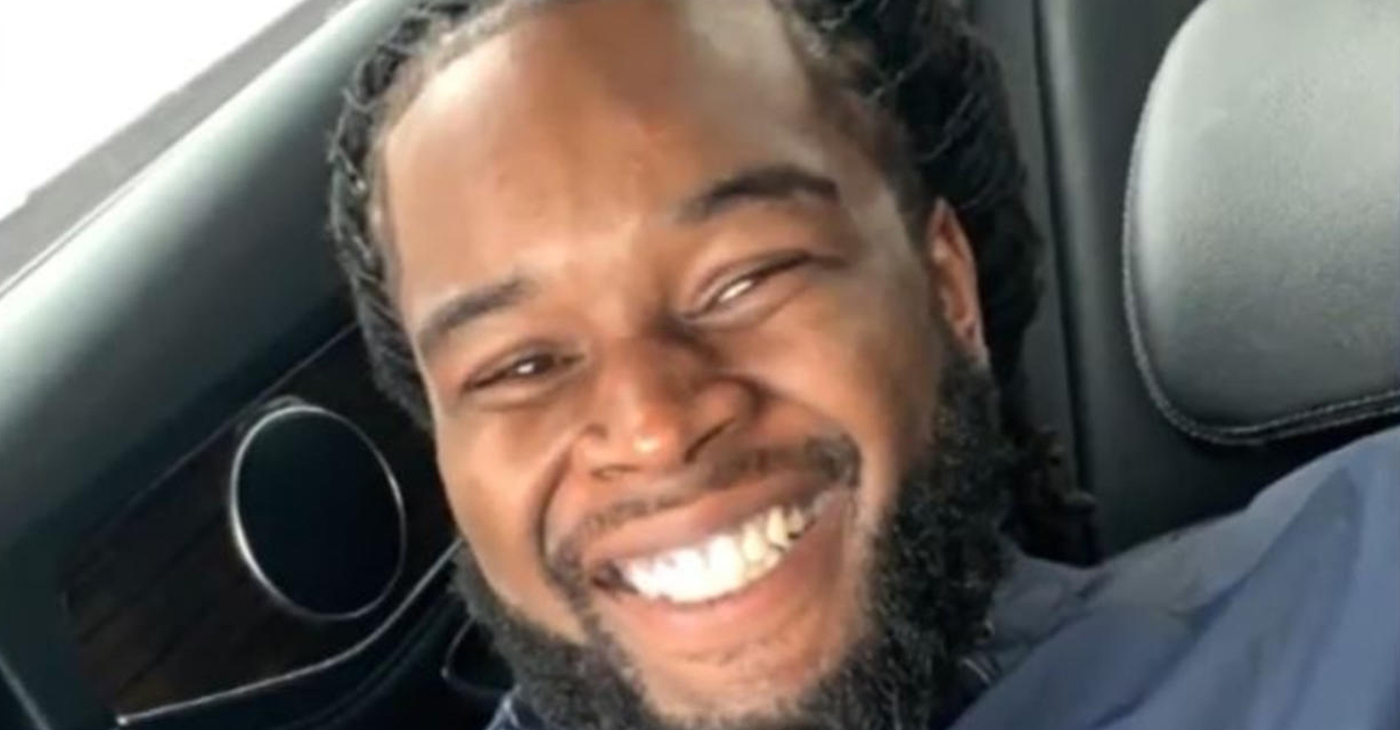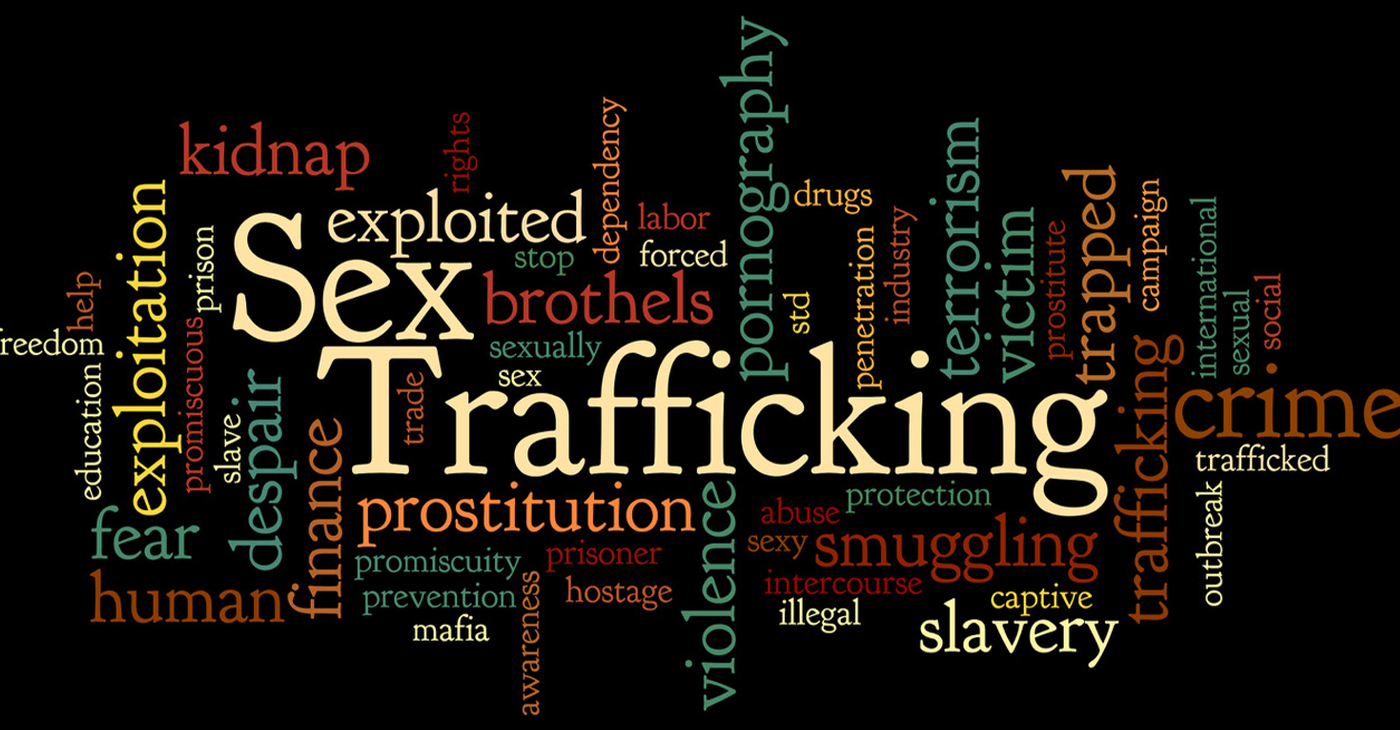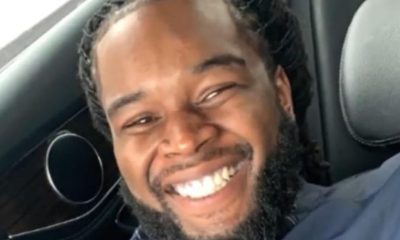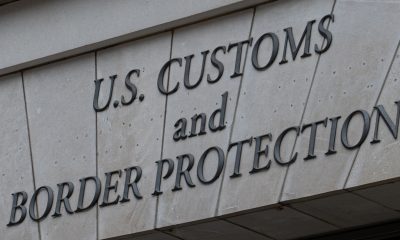Crime
Wisconsin Ranked Second in Nation for Black Homicide Rate
MILWAUKEE COURIER — Wisconsin has been called many things, including the state of one of the most segregated cities in the nation. Earlier this week, Wisconsin was ranked second in the nation for the number of black homicide victims.
By Ana Martinez-Ortiz
Wisconsin has been called many things, including the state of one of the most segregated cities in the nation. Earlier this week, Wisconsin was ranked second in the nation for the number of black homicide victims.
The Violence Policy Center (VPC) conducts an annual study: The Black Homicide Victimization in the United States. This year’s study, An Analysis of 2016 Homicide Data examined unpublished data from the FBI’s Supplementary Homicide Report.
While the study has been going on for 13 years, this is the sixth year in row that Wisconsin has ranked among the 10 states with the highest black victimization rates, according to the press release.
Wisconsin’s homicide rate is 37.57 per 100,000, which almost twice the national rate. Missouri, which was ranked number one had a homicide rate of 46.21 per 100,000. Following Wisconsin, the remaining states included West Virginia, Illinois, Indiana, Kentucky, Michigan, Tennessee, Louisiana and Pennsylvania.
Josh Sugarmann, the VPC executive director, said this study and victim’s families should provoke an outcry for change. He added that the goal of the report is to educate the public and policymakers in the hopes that it’ll make a change and put an end to this ongoing crisis.
In 2016 in Wisconsin, 144 black persons were victims of a homicide, 124 were male and 20 were female. The average age was 31-years-old, but 6 percent of victims were under 18 and two percent were 65 and older.
The report also found that 91 percent of the victims were killed by guns and of that, 75 percent were killed by handguns.
“In all parts of our country, people of color are disproportionately affected by gun violence,” said Jeri Bonavia, executive director of WAVE Educational Fund. “But this study highlights just how much work Wisconsin needs to do and just how essential it is that we do that work immediately.”
In the entirety of the United States, the study reported that 7,765 black people were homicide victims. Black people make up 13 percent of the population but accounted for 51 percent of the deaths.
The homicide victimization rate for black is 20.44 per 100,000 compared to the 2.96 homicide victimization rate for whites. Furthermore, the press release stated “Nationwide, 87 percent of black homicide victims were killed with guns.”
“The devastating and disproportionate impact homicide, almost always involving a gun, has on black men, boys, women, and girls in America is a national shame,” said Sugarmann.
This article originally appeared in the Milwaukee Courier.
Bay Area
Justice for Henry Texada
Henry Texada was known as a leader, a role model, godfather, and a friend to all. He enjoyed mentoring younger members of his family and participants at the Boys and Girls Club. He was always giving and present in the lives of others with a kind word or suggestion. Henry used the skills gained at Youth Radio as a digital media photographer to inspire others. He wanted to learn as much as he could to be a supportive person for youth, so he enrolled at Laney College for the fall of 2020 for classes in Early Childhood Development. He was killed when several people exited a 2020 silver Nissan Armada and shot him around 2 p.m. on April 28, 2020, on 68th Avenue in East Oakland.

Family Seeks Justice for Murdered Son on Fourth Anniversary of His Death
Special to The Post
Henry Texada was known as a leader, a role model, godfather, and a friend to all. He enjoyed mentoring younger members of his family and participants at the Boys and Girls Club. He was always giving and present in the lives of others with a kind word or suggestion.
Henry used the skills gained at Youth Radio as a digital media photographer to inspire others. He wanted to learn as much as he could to be a supportive person for youth, so he enrolled at Laney College for the fall of 2020 for classes in Early Childhood Development.
He was killed when several people exited a 2020 silver Nissan Armada and shot him around 2 p.m. on April 28, 2020, on 68th Avenue in East Oakland. Police were able to recover the vehicle, which had been rented in Reno, Nev., but have been unable to solve the case.
Henry’s senseless murder continues to deeply impact his loved ones who are suffering from his loss.
“I hate the phrase passed away or died,” his mother says. “My son, Henry, was very protective of me, and we had a bond that could not be broken. I miss him so much.
“I hate April 28th because I feel Henry should be here, because he had a purpose helping others and working with youth. He was physically strong and had a plan, goals, and dreams. Henry had a smile that would light up the room. He is a wonderful son, brother, and uncle.”
“Instead of imploring you for information and help, I should be telling you about all the things he has achieved and all the people that he touched,” his mother said. “But instead, here I am praying for justice because a person who would take the shirt off his back for others was murdered.
“There is no word to describe this everyday pain for me. I expect him to text me at any moment because his favorite saying was “don’t say bye, say see you later.” It’s four years later and I can’t physically hold him,” his mother comcluded.
The Family Support Advocates join with Henry Texada’s grieving family and loved ones in their pursuit of justice. Anyone in the community with information about Henry’s murder is asked to contact the Homicide Section of the Oakland Police Department at (510) 238-3821 or the TIP LINE at (510) 238-7950. CrimeStoppers of Oakland is offering a reward for an arrest in this case. #JusticeforHenry.
FAMILY SUPPORT ADVOCACY TASK FORCE
The mission of the Family Support Advocacy Task Force, a committee of the Violence Prevention Coalition, is to advocate for local, state and federal policies and legislation to enhance and expand support to families and friends of those who experienced violence; for more compassionate and transparent communication between law enforcement, the district attorney with the family of homicide victims and to push for the elimination of all violence, but particularly gun violence and homicides.
Activism
Calif. Anti-Sex Trafficking Advocates Discuss Competing Bills, Strategies
Advocates from across California are challenging state officials and community leaders to support legislation that provides resources and services for survivors and victims of human trafficking, as well as assistance as they transition back into civil society. Some of those advocates are also calling for more effective state policy to curtail trafficking, a crime that has an outsized impact on Black children, particularly girls.

By Bo Tefu, California Black Media
Advocates from across California are challenging state officials and community leaders to support legislation that provides resources and services for survivors and victims of human trafficking, as well as assistance as they transition back into civil society.
Some of those advocates are also calling for more effective state policy to curtail trafficking, a crime that has an outsized impact on Black children, particularly girls.
According to the FBI, a report covering a two-year period found Black children accounted for 57% of all juvenile arrests for prostitution. In addition, 40% of sex trafficking victims were Black and 60% of those victims had been enrolled in the foster care system.
“It is time to hold the perpetrators who take advantage of our children accountable,” said the Rev. Shane Harris, a San Diego-based activist, former foster youth and founder of the Peoples Association of Justice Advocates, (PAJA), a national civil rights organization and policy think tank.
“It is time to send a thorough message that if you seek to buy a child for sex, you will pay the highest criminal penalties in this state,” added Harris who was speaking at a rally at the State Capitol earlier this month. Harris was speaking in support of Senate Bill 1414, authored by Sen. Shannon Grove (D-Bakersfield), which calls for people who buy sex from minors to be punished with a felony. The punishment includes a two-year prison sentence and a $25,000 fine.
Harris said the PAJA is the only civil rights organization in the state that supports SB 1414.
Harris urged other Black-led groups who favor anti-trafficking legislation more focused on criminal justice reforms (as opposed to stiffer penalties), to “join the movement.”
Many of those civil rights groups fear that SB 1414 could lead to the incarceration of more Black youth.
Those sentiments were echoed in a panel discussion organized by Black women advocates on April 26 to examine the cause and effects of human trafficking in California’s Black communities. The virtual event was hosted by the Forgotten Children, Inc, a faith-based nonprofit that advocates for survivors and victims of human trafficking through anti-trafficking campaigns and initiatives.
Panelists shared the psychological impact of sexual exploitation on youth and children in the long term.
Author and educator Dr. Stephany Powell shared statistics and information revealing that African American women and girls are the most trafficked nationwide.
Powell, who serves as the senior advisor on law enforcement and policy at the National Center on Sexual Exploitation said that national data indicates that sex trade survivors are disproportionately women of color. She stated that male survivors often go unnoticed because boys rarely report trafficked crimes.
Powell said that decriminalizing prostitution in California could increase human trafficking. She argued that Senate Bill 357, authored by Sen. Scott Wiener (D-San Francisco), which was signed into law in 2022 and legalized loitering for prostitution, caused a surge in street-level prostitution.
Panelist and psychologist Dr. Gloria Morrow shared opposing views on decriminalizing prostitution. She said that decriminalizing prostitution could help survivors gain access to state resources and support.
Despite opposing views, Powell and Morrow agree that the Black community needs resources and educational programs to address human trafficking.
Activism
Oakland Post: Week of May 1 – 7, 2024
The printed Weekly Edition of the Oakland Post: Week of May 1 – 7, 2024

To enlarge your view of this issue, use the slider, magnifying glass icon or full page icon in the lower right corner of the browser window. ![]()
-

 Community3 weeks ago
Community3 weeks agoFinancial Assistance Bill for Descendants of Enslaved Persons to Help Them Purchase, Own, or Maintain a Home
-

 Activism4 weeks ago
Activism4 weeks agoOakland Post: Week of April 3 – 6, 2024
-

 Business3 weeks ago
Business3 weeks agoV.P. Kamala Harris: Americans With Criminal Records Will Soon Be Eligible for SBA Loans
-

 Activism3 weeks ago
Activism3 weeks agoOakland Post: Week of April 10 – 16, 2024
-

 Community3 weeks ago
Community3 weeks agoAG Bonta Says Oakland School Leaders Should Comply with State Laws to Avoid ‘Disparate Harm’ When Closing or Merging Schools
-

 Community2 weeks ago
Community2 weeks agoOakland WNBA Player to be Inducted Into Hall of Fame
-

 Community2 weeks ago
Community2 weeks agoRichmond Nonprofit Helps Ex-Felons Get Back on Their Feet
-

 Community2 weeks ago
Community2 weeks agoRPAL to Rename Technology Center for Retired Police Captain Arthur Lee Johnson























































2 Comments